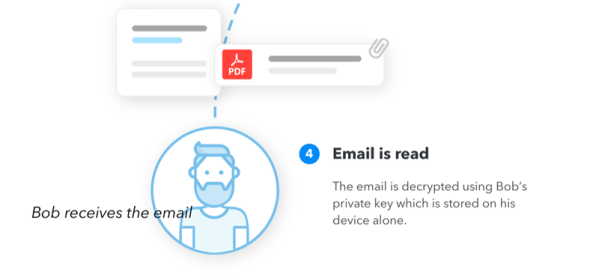There have been many news stories lately about companies misusing your data, including your e-mails. What’s more, these giant repositories of data are favorite targets for hackers. Even if you trust the big corporations, you are also betting on their security. Criptext claims they have (possibly) the most private e-mail service ever. It uses the open Signal protocol and stores private keys and encrypted mail only on your device. All the applications to access your mail are open source, so presumably, someone would eventually spot any backdoors or open holes.
At the moment the service is free and the company reports that even when a paid offering is ready, there will still be a free tier. Of course, you can send and receive normal e-mail, too. You can also use a passphrase you send to someone else (presumably not by e-mail) so they can read an encrypted message.
Continue reading “E-Mail Service Claims It Doesn’t Store Your Mail”















